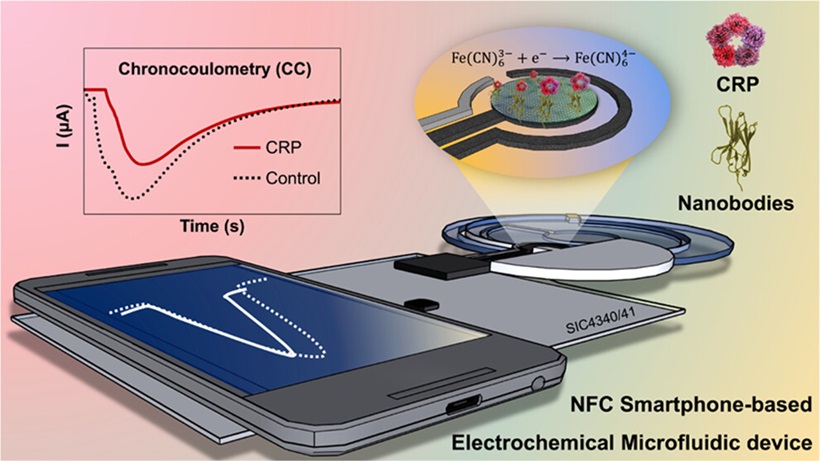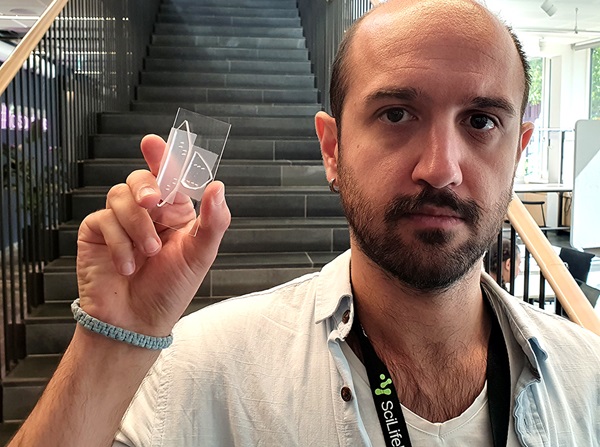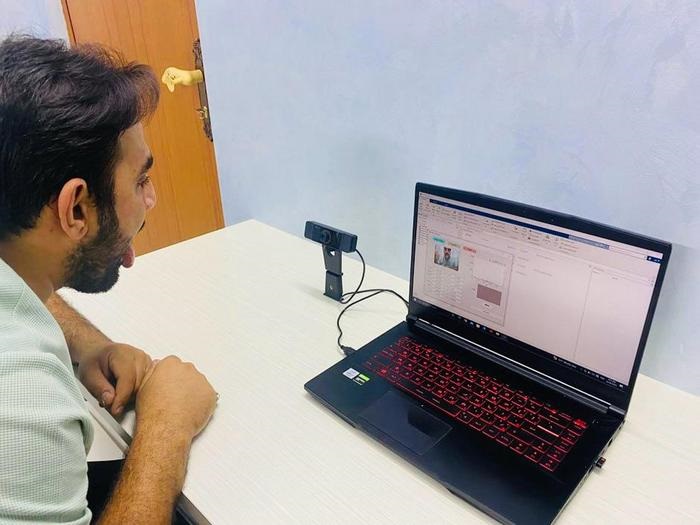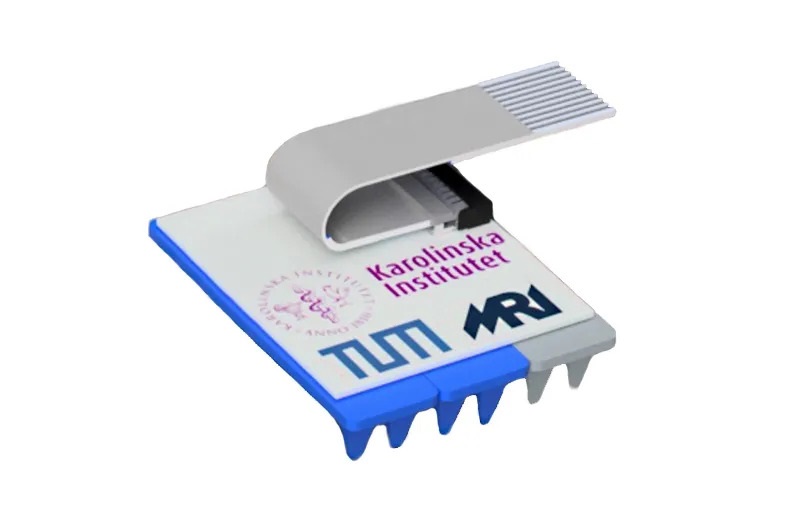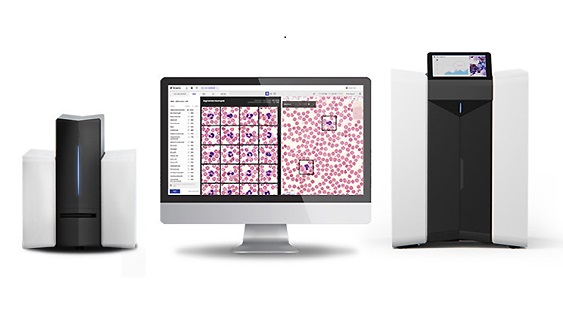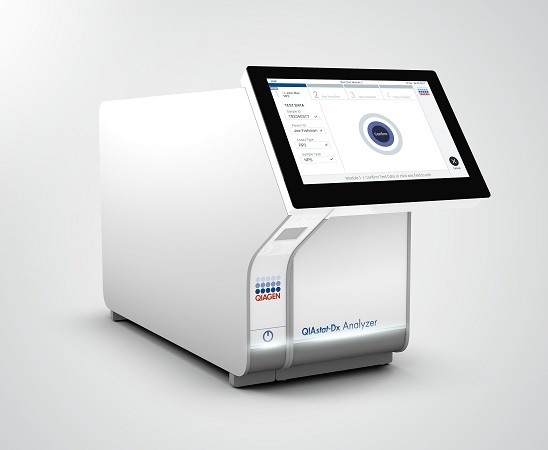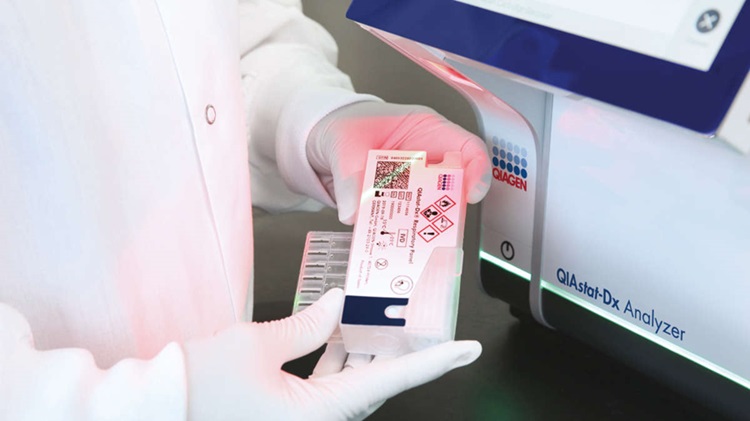Expo
view channel
view channel
view channel
view channel
view channel
view channel
view channel
view channel
Clinical Chem.Molecular Diagnostics
ImmunologyMicrobiologyPathologyTechnologyIndustry
Events

- Screening Tool Detects Multiple Health Conditions from Single Blood Drop
- Integrated Chemistry and Immunoassay Analyzer with Extensive Assay Menu Offers Flexibility, Scalability and Data Commutability
- Rapid Drug Test to Improve Treatment for Patients Presenting to Hospital
- AI Model Detects Cancer at Lightning Speed through Sugar Analyses
- First-Ever Blood-Powered Chip Offers Real-Time Health Monitoring
- Light-Induced Immunoassay Selectively Detects Coronavirus Spike Proteins In 5 Minutes
- Simple Blood Test Detects ALS with 98% Accuracy
- Blood Test Predicts Risk for Developing COPD and Other Severe Respiratory Diseases
- Newly Identified Biomarkers to Pave Way for SIDS Screening Test
- First Ever Molecular Diagnostic Tool Could Enable Early Diagnosis of Inflammatory Diseases in Children
- Blood Platelet Score Detects Previously Unmeasured Risk of Heart Attack and Stroke
- Automated Benchtop System to Bring Blood Testing To Anyone, Anywhere
- New Hematology Analyzers Deliver Combined ESR and CBC/DIFF Results in 60 Seconds
- Next Generation Instrument Screens for Hemoglobin Disorders in Newborns
- First 4-in-1 Nucleic Acid Test for Arbovirus Screening to Reduce Risk of Transfusion-Transmitted Infections
- Simple Blood Test Identifies Multiple Myeloma Patients Likely to Benefit from CAR-T Immunotherapy
- Portable Device Analyzes White Blood Cell Activity to Monitor Cancer Patients’ Health
- New Test Detects Return of Blood Cancer a Year Earlier
- Universal Blood Test Could Predict Organ Transplant Outcomes with Unprecedented Accuracy
- AI Tool Predicts Cancer Patients’ Response to Immunotherapy
- AST System Delivers Actionable Results for Gram-Negative Bacteria Directly from Positive Blood Cultures
- Ultra-Rapid Culture-Free Sepsis Test Reduces Testing Time from Days to Hours
- New Rapid Method for Determining Virus Infectivity Could Revolutionize Response to Future Pandemics
- Novel Molecular Test to Help Prevent and Control Multi Drug-Resistant Fungal Pathogen in Healthcare Settings
- Innovative C. Difficile Diagnostic Test Provides Both GDH and Toxin Results within 30 Minutes
- Roche Expands Digital Pathology Open Environment with Integration of Advanced AI Algorithms from New Collaborators
- Qiagen and Eli Lilly to Develop First QIAstat-Dx IVD Panel for Neurodegenerative Applications
- QIAGEN and AstraZeneca Expand Collaboration into New Disease Areas
- MEDICA 2024 + COMPAMED 2024: Adapted Hall Layout for Better Integration
- Global Coagulation Testing Driven by Increasing Blood Disorders and Surgical Interventions
- Gene Panel Predicts Disease Progession for Patients with B-cell Lymphoma
- New Method Simplifies Preparation of Tumor Genomic DNA Libraries
- New Tool Developed for Diagnosis of Chronic HBV Infection
- Panel of Genetic Loci Accurately Predicts Risk of Developing Gout
- Disrupted TGFB Signaling Linked to Increased Cancer-Related Bacteria
- Super-Resolution Imaging Detects Parkinson's 20 Years Before First Motor Symptoms Appear
- New Technology for Sampling Body Liquids in Confined Spaces to Enable Early Cancer Detection
- New Technology Holistically Images Deep Living Tissue for The First Time
- New Molecular Sensor Enables Fluorescence Imaging for Assessing Sarcoma Severity
- New Biology Lab Tools Speed Up Tumor Dissection

Expo
 view channel
view channel
view channel
view channel
view channel
view channel
view channel
view channel
Clinical Chem.Molecular Diagnostics
ImmunologyMicrobiologyPathologyTechnologyIndustry
Events
Advertise with Us
view channel
view channel
view channel
view channel
view channel
view channel
view channel
view channel
Clinical Chem.Molecular Diagnostics
ImmunologyMicrobiologyPathologyTechnologyIndustry
Events
Advertise with Us


- Screening Tool Detects Multiple Health Conditions from Single Blood Drop
- Integrated Chemistry and Immunoassay Analyzer with Extensive Assay Menu Offers Flexibility, Scalability and Data Commutability
- Rapid Drug Test to Improve Treatment for Patients Presenting to Hospital
- AI Model Detects Cancer at Lightning Speed through Sugar Analyses
- First-Ever Blood-Powered Chip Offers Real-Time Health Monitoring
- Light-Induced Immunoassay Selectively Detects Coronavirus Spike Proteins In 5 Minutes
- Simple Blood Test Detects ALS with 98% Accuracy
- Blood Test Predicts Risk for Developing COPD and Other Severe Respiratory Diseases
- Newly Identified Biomarkers to Pave Way for SIDS Screening Test
- First Ever Molecular Diagnostic Tool Could Enable Early Diagnosis of Inflammatory Diseases in Children
- Blood Platelet Score Detects Previously Unmeasured Risk of Heart Attack and Stroke
- Automated Benchtop System to Bring Blood Testing To Anyone, Anywhere
- New Hematology Analyzers Deliver Combined ESR and CBC/DIFF Results in 60 Seconds
- Next Generation Instrument Screens for Hemoglobin Disorders in Newborns
- First 4-in-1 Nucleic Acid Test for Arbovirus Screening to Reduce Risk of Transfusion-Transmitted Infections
- Simple Blood Test Identifies Multiple Myeloma Patients Likely to Benefit from CAR-T Immunotherapy
- Portable Device Analyzes White Blood Cell Activity to Monitor Cancer Patients’ Health
- New Test Detects Return of Blood Cancer a Year Earlier
- Universal Blood Test Could Predict Organ Transplant Outcomes with Unprecedented Accuracy
- AI Tool Predicts Cancer Patients’ Response to Immunotherapy
- AST System Delivers Actionable Results for Gram-Negative Bacteria Directly from Positive Blood Cultures
- Ultra-Rapid Culture-Free Sepsis Test Reduces Testing Time from Days to Hours
- New Rapid Method for Determining Virus Infectivity Could Revolutionize Response to Future Pandemics
- Novel Molecular Test to Help Prevent and Control Multi Drug-Resistant Fungal Pathogen in Healthcare Settings
- Innovative C. Difficile Diagnostic Test Provides Both GDH and Toxin Results within 30 Minutes
- Roche Expands Digital Pathology Open Environment with Integration of Advanced AI Algorithms from New Collaborators
- Qiagen and Eli Lilly to Develop First QIAstat-Dx IVD Panel for Neurodegenerative Applications
- QIAGEN and AstraZeneca Expand Collaboration into New Disease Areas
- MEDICA 2024 + COMPAMED 2024: Adapted Hall Layout for Better Integration
- Global Coagulation Testing Driven by Increasing Blood Disorders and Surgical Interventions
- Gene Panel Predicts Disease Progession for Patients with B-cell Lymphoma
- New Method Simplifies Preparation of Tumor Genomic DNA Libraries
- New Tool Developed for Diagnosis of Chronic HBV Infection
- Panel of Genetic Loci Accurately Predicts Risk of Developing Gout
- Disrupted TGFB Signaling Linked to Increased Cancer-Related Bacteria
- Super-Resolution Imaging Detects Parkinson's 20 Years Before First Motor Symptoms Appear
- New Technology for Sampling Body Liquids in Confined Spaces to Enable Early Cancer Detection
- New Technology Holistically Images Deep Living Tissue for The First Time
- New Molecular Sensor Enables Fluorescence Imaging for Assessing Sarcoma Severity
- New Biology Lab Tools Speed Up Tumor Dissection


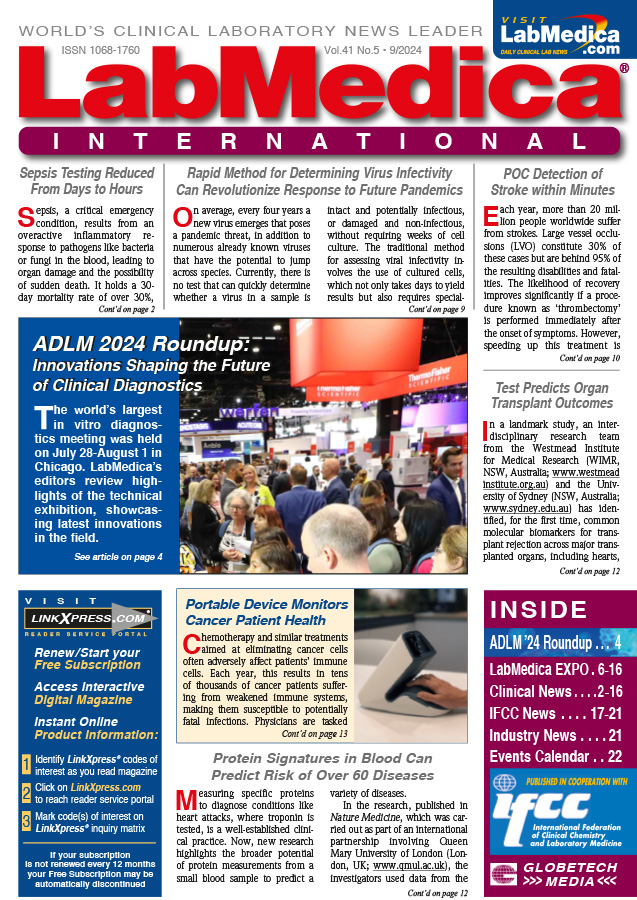



.jpg)

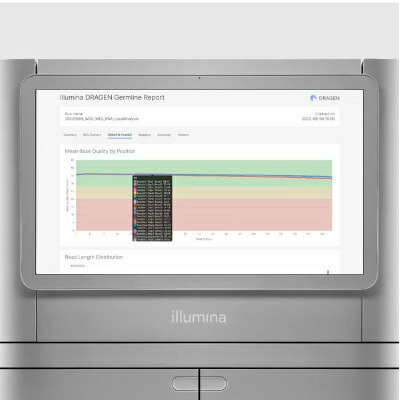
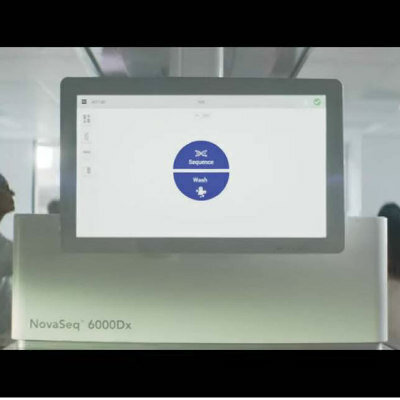
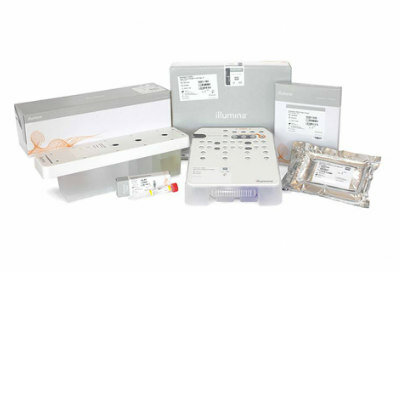







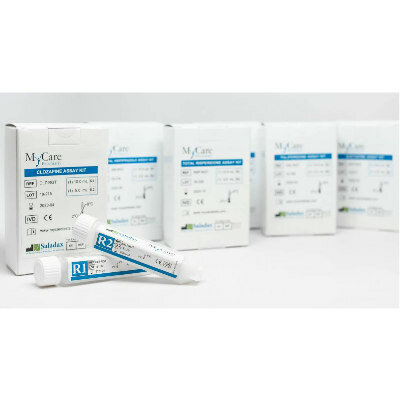







.jpg)
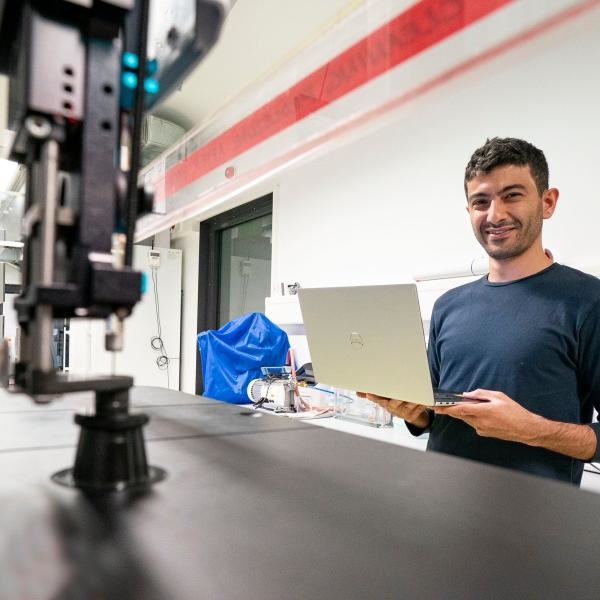
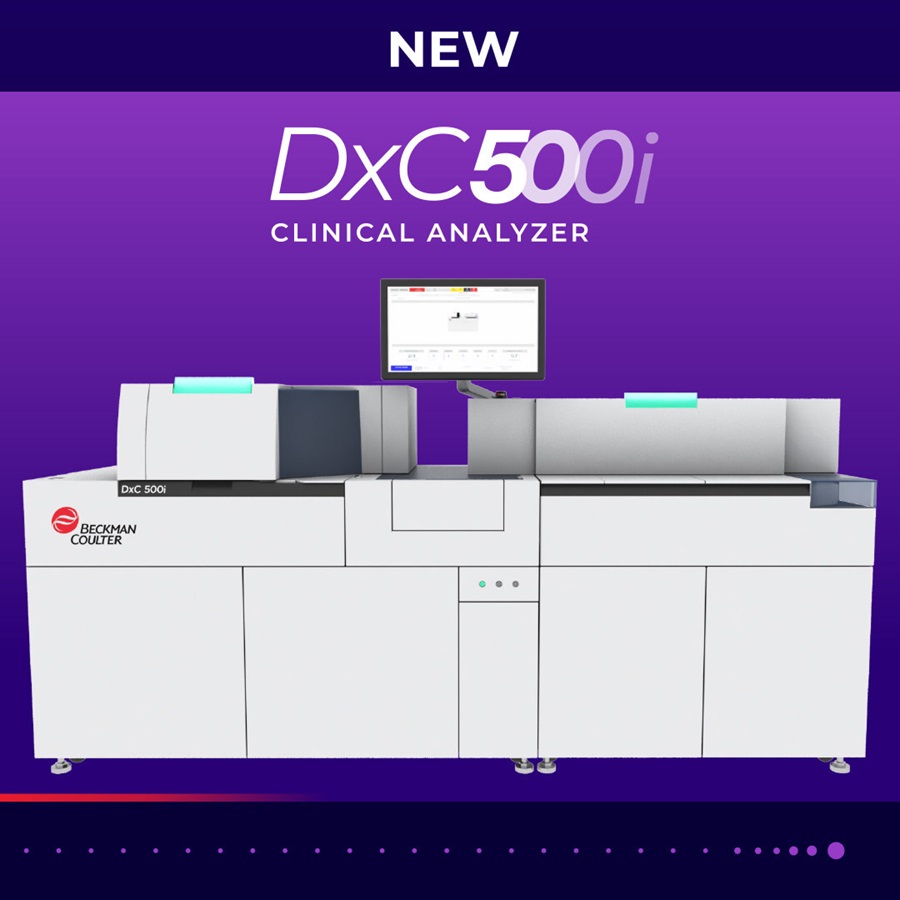
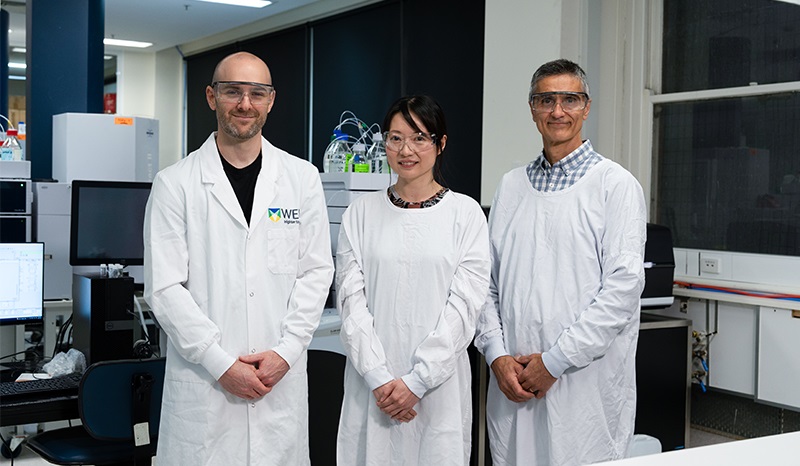
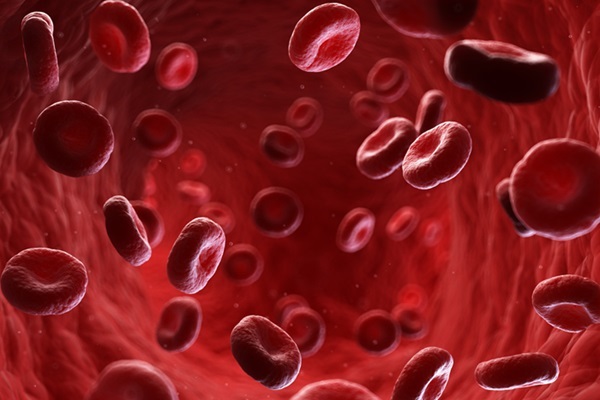
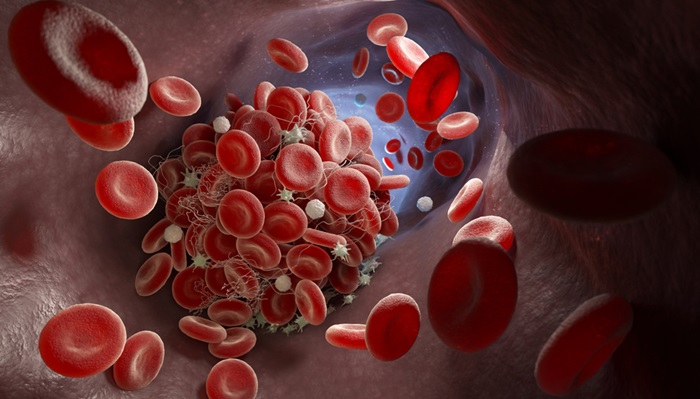
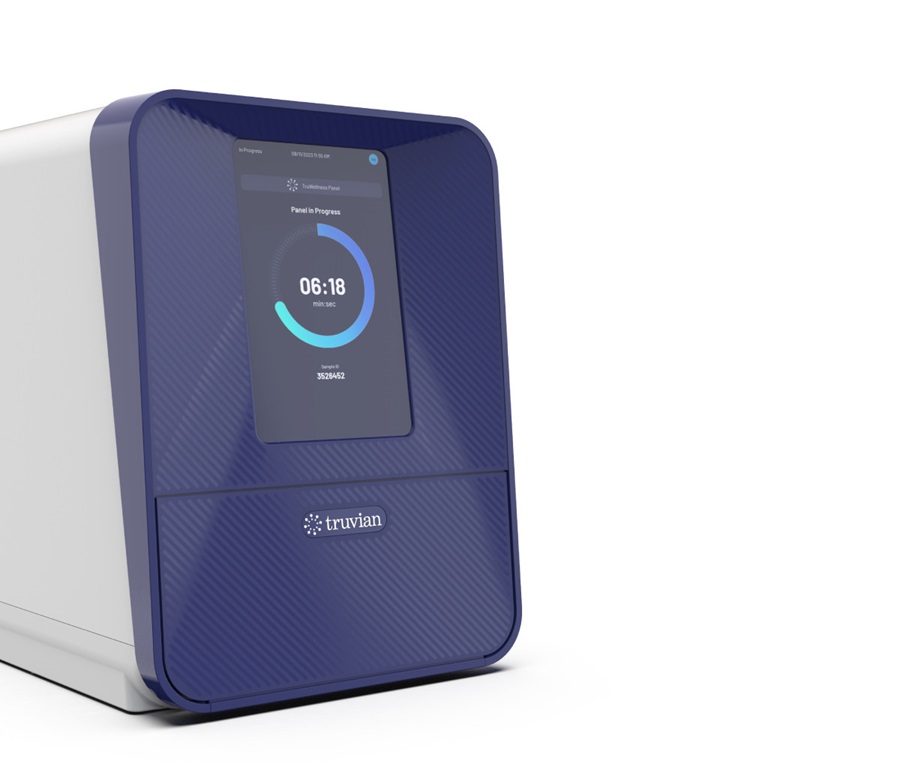
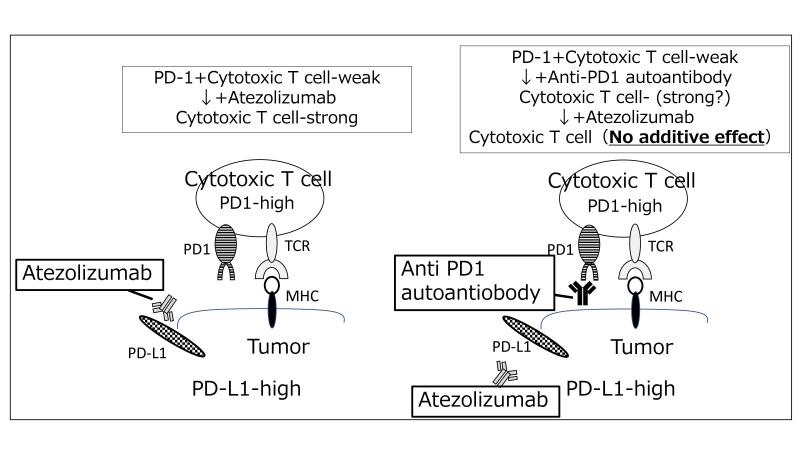
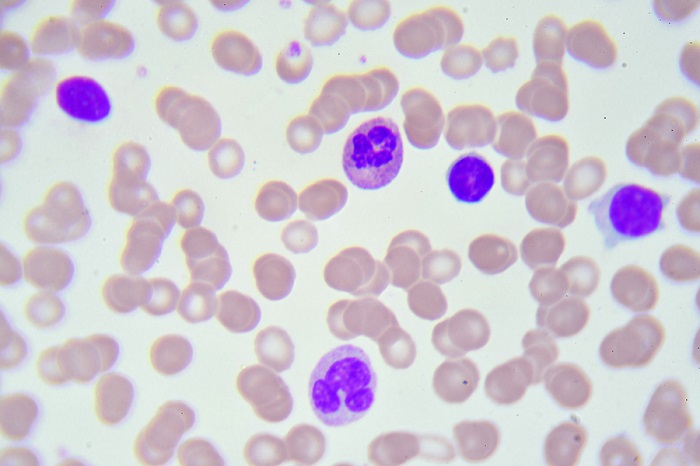



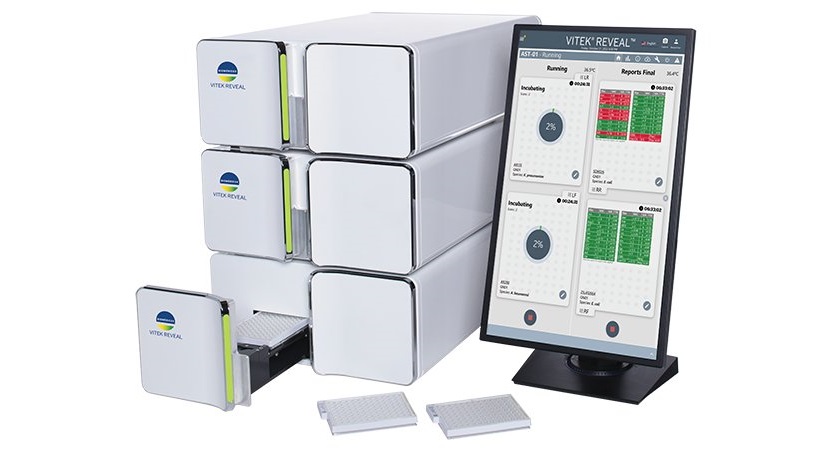
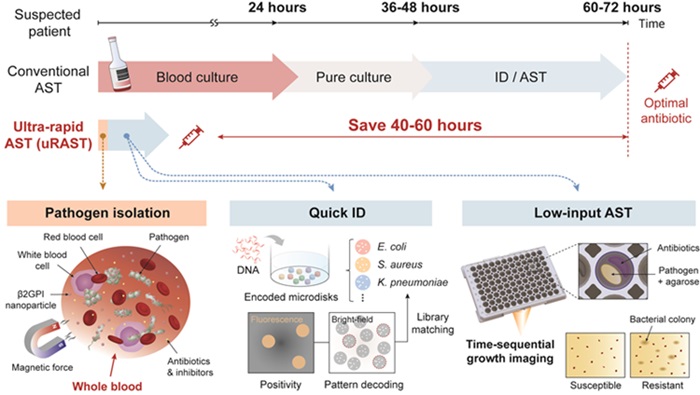
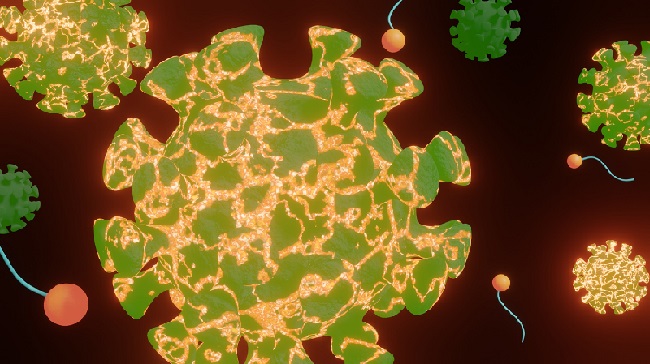
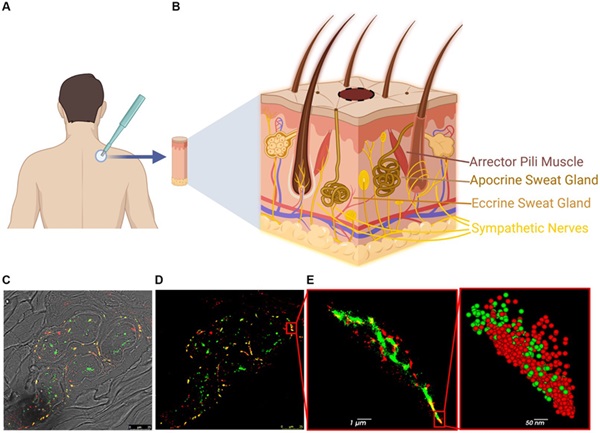
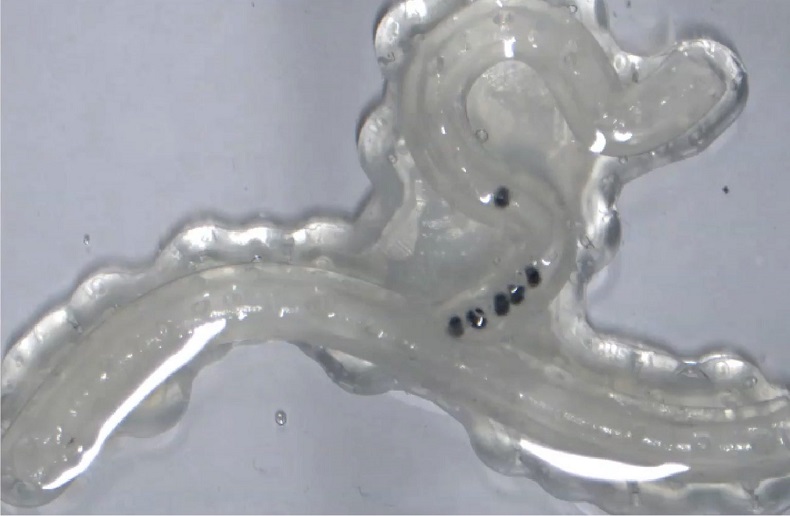
.jpeg)
